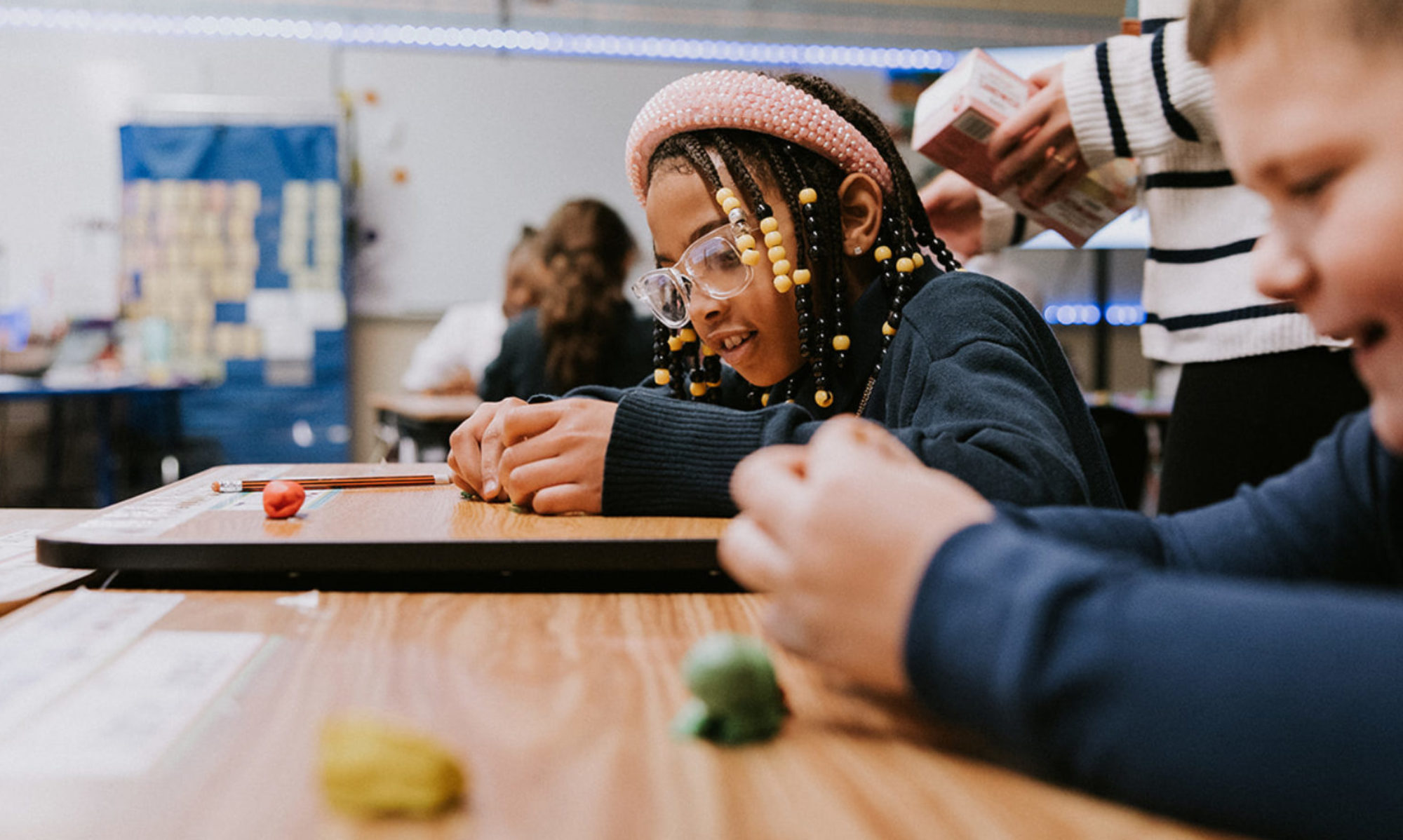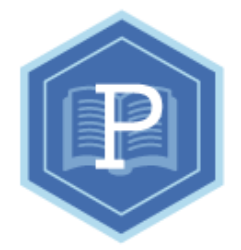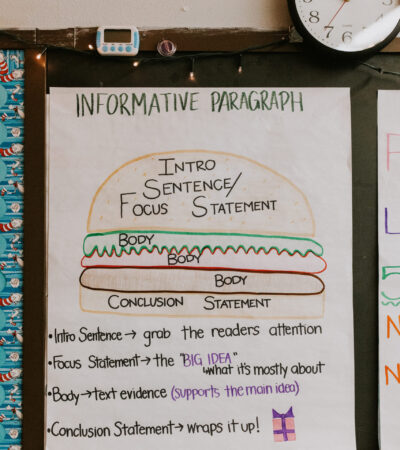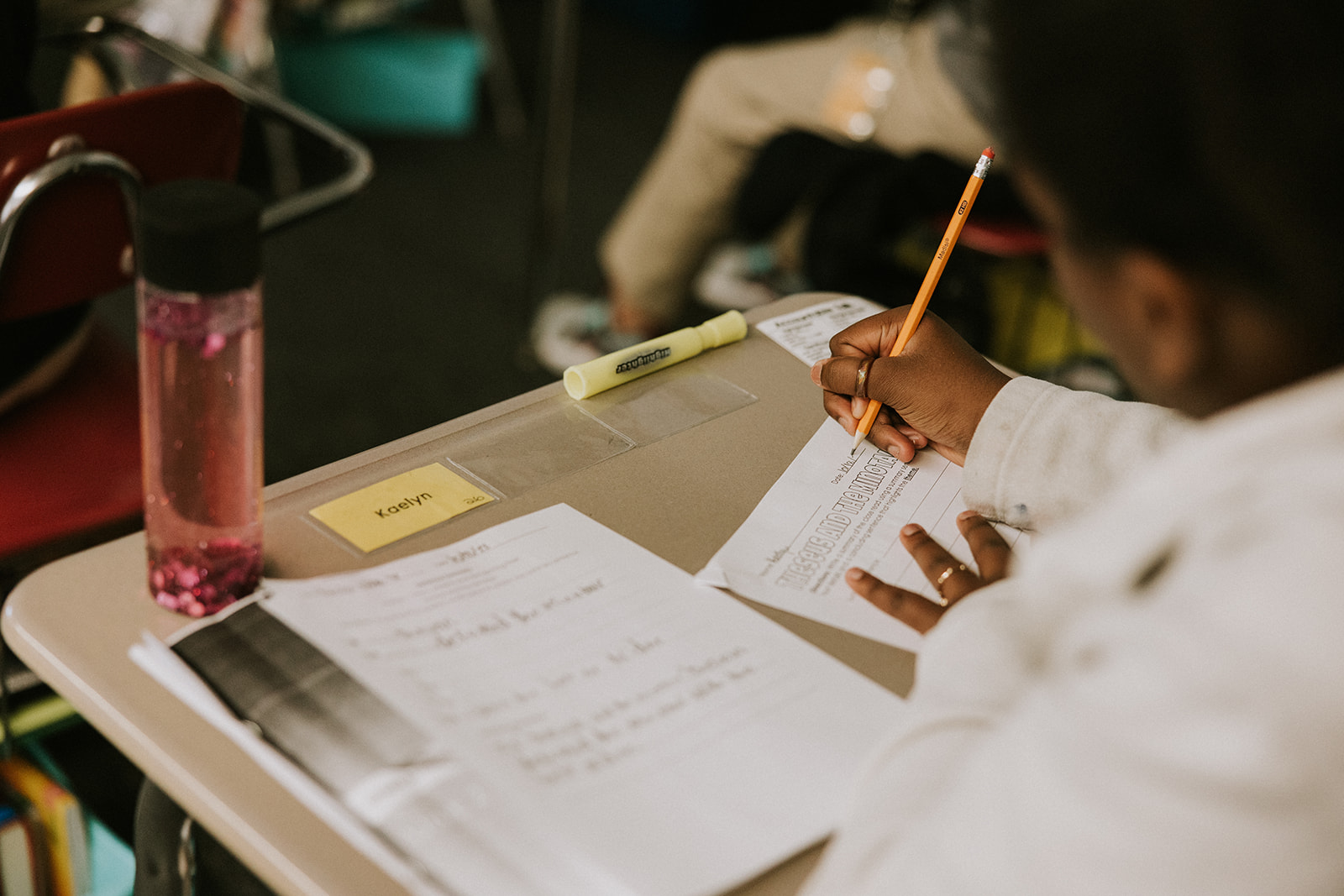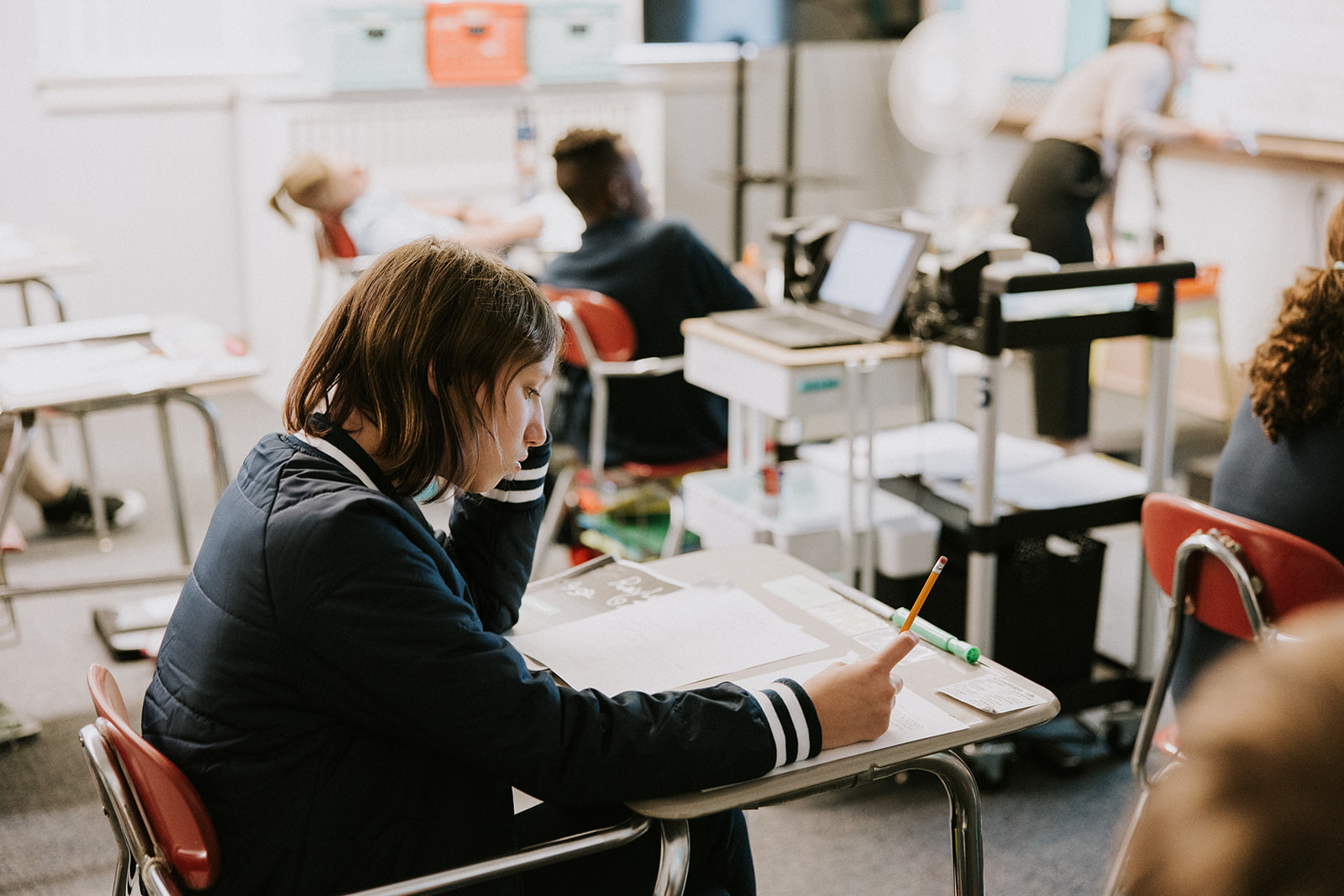The goal of English Language Arts at Provident Charter School is to connect rigorous grade-level standards to real-world problems. Students strive to build their conceptual understanding through the collective analysis of authentic texts that present multiple perspectives on complex topics of study. Students progress through units designed to build background knowledge, deepen their understanding through research, and share their learning with audiences beyond the four walls of the classroom. The 21st-century skills of critical thinking, creativity, collaboration, and communication are woven seamlessly through the units of study.
Expeditionary Learning Education
Grades 2-5
Our Tier 1 reading curriculum, Expeditionary Learning Education, is based on the rich study of complex, authentic literature and informational texts that build real-world knowledge. With appropriate scaffolding, students tackle rigorous, grade-level texts that stretch and nurture their abilities in 60-minute daily lessons. Achievement is more than test performance, it includes mastery of knowledge and skills, high-quality work, and the development of habits of character in effective learners. Each module is built around a set of compelling essential questions designed to increase perspective through the delivery of three unique and purposeful units. Unit 1 engages students in the topic and helps them build background knowledge to understand the “why” behind what they are studying. Unit 2 asks students to dig deeper, consider alternate perspectives, and expand their knowledge of the topic. In Unit 3, students apply their learning to create an authentic product through a culminating performance task.
Sample Grade 2 Modules
- Schools and Communities Around the World
- Fossils Tell of Earth’s Change
Sample Grade 3 Modules
- Overcoming Learning Challenges Near & Far
- Adaptations in the Wide World of Frogs
Sample Grade 4 Modules
- Poetry, Poets, and Becoming Writers
- Animal Behavior and Animal Defense Mechanisms
Sample Grade 5 Modules
- Stories of Human Rights
- Biodiversity in the Rainforest
The Writing Revolution
Grades 2-5
A goal of writing instruction at Provident Charter School is to address PA Core Standards for writing while prioritizing the improvement of the complexity of students’ sentences as well as the organization of their compositions. The Writing Revolution is not a curriculum, but rather a set of explicitly-taught, systematic, and progressive strategies designed to be utilized across all disciplines. Students in grades 2-3 begin their learning by understanding the difference between sentences and fragments and move on to more complex sentence strategies such as sentence expansion and sentence combining. Students in these grades also develop an understanding of the proper structure of an expository paragraph including crafting an effective topic sentence and conclusion. Students in grades 4-5 build upon these foundational skills and learn complex sentence structures with subordinating conjunctions and appositives. Students expand upon their knowledge of paragraph structure, focusing on multi-paragraph essays. Strategies for writing revision and editing are explicitly taught and reinforced.
Expeditionary Learning Education
Grades 6-8
Our primary reading curriculum, Expeditionary Learning (EL) Education, stands as a robust, standards-aligned literary program designed to captivate both educators and a diverse range of learners by immersing them in compelling, real-world content. In 43-minute daily lessons, students, with appropriate scaffolding, engage with challenging, grade-level texts that both stretch and nurture their reading abilities. EL Education extends beyond traditional academic achievement, embracing a broader definition that encompasses the development of students’ academic knowledge, skills, character habits, and the capacity to produce high-quality work. Infusing rigor and joy, EL Education prioritizes equity and addresses learning opportunity gaps through three units within each of the four modules. Each module promotes academic reflection, authentic performance tasks, and active engagement with real-world applications, fostering collaboration with peers and community outreach programs. Unit 1 establishes a foundation of background knowledge on the topic, clarifying the “why” behind the subject matter. Unit 2 encourages students to delve deeper, explore alternative perspectives, and expand their understanding of the topic. Unit 3 empowers students to apply their learning by creating an authentic product through a culminating performance task. Aligned with PA Core standards, EL Education incorporates essential ideas and goals at the start of each lesson, providing a structured framework for students to assess their learning. Through teacher and peer feedback, students gain insights into their progress, fostering a sense of confidence and success.
The Writing Revolution
Grades 6-8
At PCS, our writing instruction aligns with PA Core Standards, focusing on enhancing the complexity of students’ sentences and the overall organization of their compositions. Rather than being a rigid curriculum, The Writing Revolution serves as a collection of explicitly taught, systematic, and progressive strategies applicable across all disciplines. In grades 6-8, students delve into sentence structure, exploring elements such as conjunctions, appositives, and sentence combining to enrich their writing with extended responses and additional information for the reader. Through dedicated practice in single-paragraph essays, summaries, and note-taking, students refine their writing skills, gradually applying these abilities independently in their writing tasks. The progression continues as students in grades 6-8 work towards crafting multi-paragraph essays, employing editing and revision strategies across narrative, expository, and argumentative writing. The culmination involves students presenting their final pieces to teachers and peers, creating a platform for celebration and fostering pride in their accomplishments.
